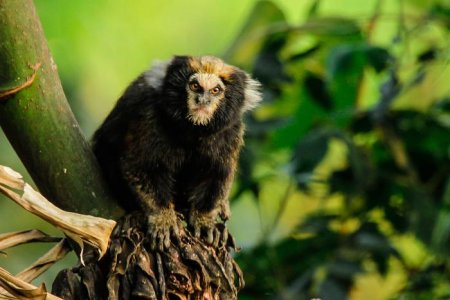xbuzzerx
CE&P Secret Police
Scientists would be the first to endorse the model.
We tend to focus on showroom species like tigers, elephants, and some favored birds. We don't hear too much about the most populous inhabitants of our planet, the insects, bacteria, and other species. It is highly unlikely that we have the vaguest notion of how many species are born or die in a given decade. We simply don't know.
That's true. And the mammal bias exists throughout the biological sciences-- something biologists will be the first to tell you. There's a whole hell of a lot more people studying marine biology than insects and spiders.
That said, this broad handwave that we're likely in some way endangering many things, even microbes, doesn't really have anything to do with pointing out that plenty of species whose important role we clearly understand within the ecosystem are being directly damaged by human activity for small benefit vs. enormous potential cost.




